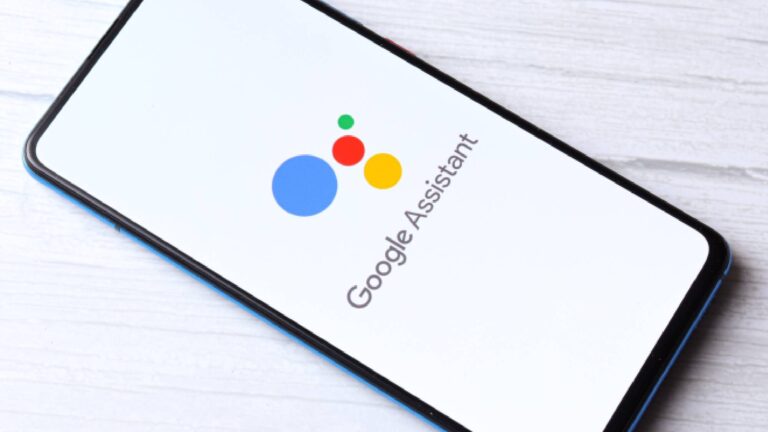Google announced its intent to phase out Google Assistant in favor of its advanced AI model, Gemini, in an article released on the 14th of March on its website. This transition will mark the end for the voice assistant that has become synonymous with Android devices.
The official date for when Google Assistant will no longer be available hasn’t been announced; however, Brian Marquardt, a senior director for the Gemini app, had this to say: “Over the coming months, we’re upgrading more users on mobile devices from Google Assistant to Gemini; and later this year, the classic Google Assistant will no longer be available on mobile devices or available for download.”
In 2016, Google Assistant launched as a virtual assistant (VA) software application developed by Google. This VA software is AI-powered, and a cloud-based voice assistant works with a wide range of devices like Android smartphones/tablets, Google Nest smart speakers, smartwatches, Android TV devices, and cars with Android Auto compatibility.
Like its sister software, Apple’s Alexa, Google Assistant is activated by saying “Hey Google.” This phrase serves as a voice command/activation for the software to perform tasks like device control, answering questions and providing real-time information, communication control, navigation, task management, and app integration.
Google Assistant performs this range of functions due to a natural language (human language) speech interface, cognitive computing, which allows it to mimic the human thought process, and voice recognition technology.
Gemini AI, originally named “Bard,” was first announced in February 2023 and released in March as an experimental conversational AI service powered by LaMDA (Language Model for Dialogue Applications). However, Bard began to have bad reviews as it suffered from “AI hallucinations,” a situation where an AI software gives random or incorrect answers to questions asked.
In December 2023, Bard was later updated to an LLM called “Gemini”. The Gemini technology was originally divided into three different sizes: Gemini Ultra, the largest model for performing highly complex tasks; Gemini Pro, the model for scaling across a wide range of tasks; and Gemini Nano, the model for on-device tasks.
On February 8, 2024, Google renamed Bard to Gemini as it powers the chatbot and other AI services it has to offer. Shortly after, the Gemini app was released to the public and available in over 40 countries and to more than 200 countries. The app performs the functions of Google Assistant but is not limited to those set functions.
Gemini AI powers the AI overviews in search for the Google app; helps compose well-written emails, navigate inbox, and summarize important details from emails on the Gmail app; serves as a writing assistant in Docs; can be used for image generation in Slides; and provides the “help to organize” function on sheets to create tables using AI.
Gemini also serves as a VA for taking notes on Meet and is able to do so in eight languages (English, French, German, Italian, Japanese, Korean, Portuguese, and Spanish); the Gemini Live function allows for real-time conversions by simply holding down the power button or using the voice command “Hey Google, let’s talk” and carries conversations in over 45 languages. The recent update of Deep Research helps serve as a personal research assistant that provides a comprehensive report with key findings and links to original sources.
Currently millions of people have switched from Google Assistant to Gemini AI, and to further the transitioning process, Gemini will be made available for tablets, cars, and devices that can interact with Android phones.
The Gemini app, however, is not available for school or work accounts without proper licensing, Android work profile, Google accounts managed by Family Link, or on Android phones with less than 2 GB RAM and operating on an OS below Android 10. There are speculations that the accounts/devices that fall into these categories will continue to use Google Assistant.
Google’s step in phasing out Google Assistant signifies a noteworthy shift in its AI strategy. With Gemini, users can expect a more intelligent and responsive assistant capable of carrying out more tasks and providing a more personalized experience.


